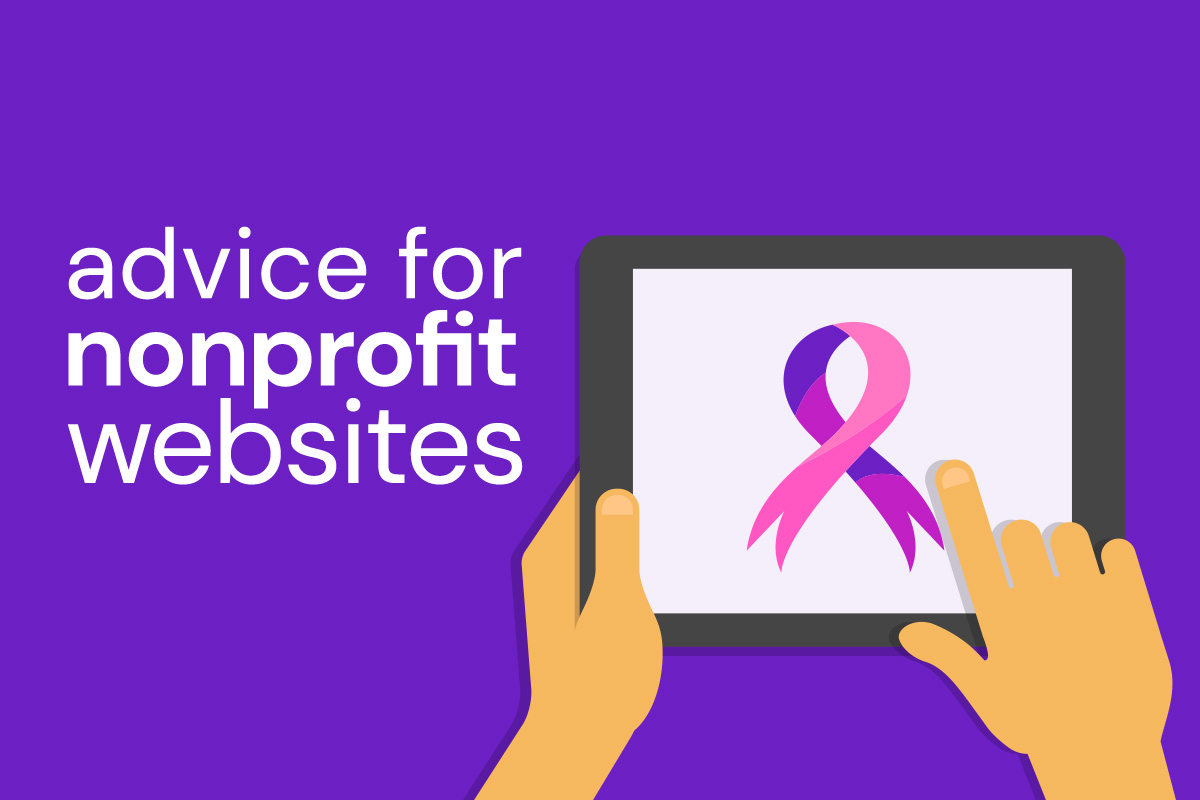In our latest website redesign project, we suggested to our client that she collect testimonials so that we could showcase them throughout the site. That’s easy for us to ask, isn’t it? We know it can be embarrassing and painful to ask for testimonials… and we’re guilty of not doing it ourselves. That content can be so valuable for a website, particularly one where the ultimate goal is to get your visitor to hire YOU specifically, after judging you as a person. A good testimonial will let your potential clients know if you’re going to be a good person to work with and if your experience is relevant to their problems. To that end, we’ve tried to think about ways to make it easier.
Blame Your Web Designer!
We are delighted to take the blame for this request. If conversation with a client drifts toward anything personal, there’s your opportunity to bring up your website. “Hey, my web designers are begging me for testimonials from current clients. Would you be interested in providing one?” We’re happy to send them an email with questions that can help direct the testimonial and keep them from being overwhelmed at the thought of writing a five-paragraph essay. Besides that initial ask, we can take complete control of the testimonial-gathering process. Here are some questions we might ask:
- Did you have any hesitations before working with [our client]? If so, what made you choose [our client]?
- How did you benefit from [our client]’s service?
- Would you recommend [our client]’s services to others?
- What is the best thing about working with [our client]?
- What would you say to someone who is considering hiring [our client]?
Standardize the Testimonial Process
If you’ve been anywhere you had to provide an email address, your inbox has been flooded with emails asking for reviews. While those incessant requests for reviews can be annoying, most people will agree that a one-time request for a testimonial is not too much to ask.
After a sale is completed or a project is closed, send out a standardized email survey. You can even use a tool like Survey Monkey to make it clear that this is a standard part of your process, so you don’t have to feel quite as self-conscious. This article features some great emails that you could adapt to collect your own testimonials. We especially like the idea of an email that comes from a CEO—or Director of Sales—or in general, someone who is not you.
One little trick you can use to encourage completion of this survey is to add a short personalized message at the beginning, preferably with a sincere compliment. “Your project was a pleasure to work on and your opinion means a lot to me.”
Use Your Social Media
Have your clients left a positive comment for you on Facebook, Twitter, or other social media platforms? Just ask if you can reuse that for your website. Most people will be happy to oblige!
Offer to Swap Testimonials
If you have used your client’s services and you’ve had a good experience, offer to write a testimonial for them! You can either suggest directly that they write a testimonial for you, or let them take the hint. If you’re reading this post, we imagine you’re not the type to be threatening. “I’ll only write a testimonial if you write one for me”… it goes without saying that this approach is uncouth and uncool. Most people will pick up the social cues without an explicit request.
What other web content do you have trouble creating? We’d love to help you, either with a blog post or a personalized consultation.






